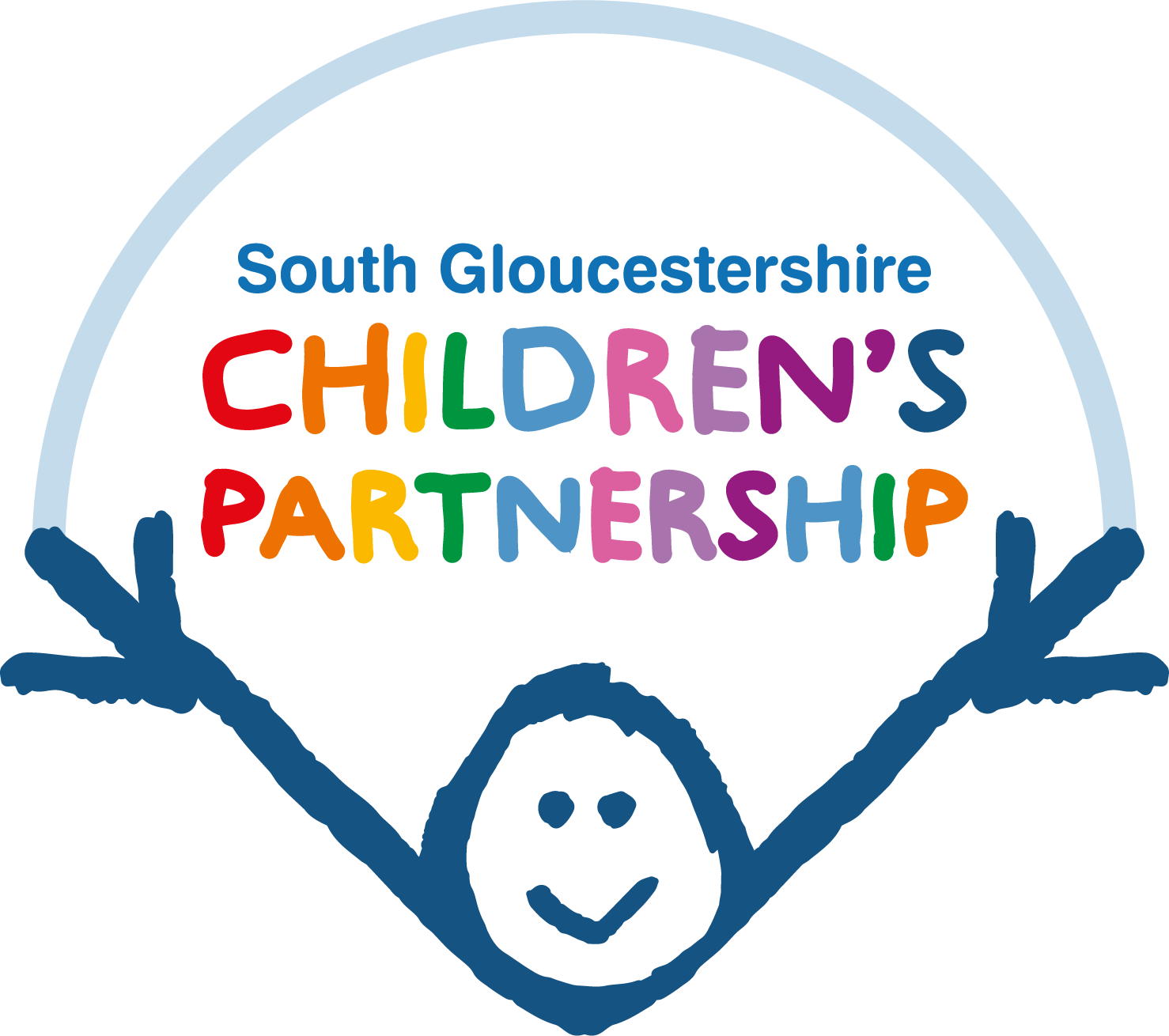Bullying
Bullying can be a frightening experience which can lead to isolation and lower self-confidence.
Unfortunately, bullying behaviours take place both in and out of school and parents, carers, teachers and other professionals have a duty to take action if they suspect or discover that a child is being bullied.
What is bullying?
- It goes on for a while or happens regularly.
- It is deliberate. The other person or persons wants to hurt, humiliate or harm the person.
- It involves someone or (several people) who are stronger in some way than the person being bullied. The person doing the bullying has more power; they may be older, stronger (possibly both physically and emotionally), there may be more than one or they have some ‘hold’ over the person.
- It may be perceived as peer pressure.
- It may be perceived as peer pressure.
- It may go unreported if children do not feel safe to report it.
People might bully someone because of their:
- race or the country they are from
- religion, faith or culture
- sexual identity
- social media pages
There are lots of other reasons for bullying and you can find out more on the ChildLine website.
You can reassure your child:
- nobody has the right to bully you
- bullying could be done by friends, family, people at school and strangers – but it’s never ok
- it can happen in different places – like at school, home or online
- there are ways to get it stopped and ways to feel better about yourself.
Banter or bullying?
If your child is being called names or has fallen out with friends it might feel like they are stuck or that people are against them. Even if people say it’s just banter or jokes, it can still hurt. But things can get better. There are useful tips for building your child’s confidence and being assertive – these can help them make friends, feel confident and say how they feel.
The Mind You website has some great advice, created by children and young people for children and young people.
What to do next
If you suspect or discover that your child or a child you know is being bullied talk to his/her teacher or the Head Teacher.
By law, all state (not private) schools must have a behaviour policy in place that includes measures to prevent all forms of bullying among pupils.
This policy is decided by the school. All teachers, pupils and parents must be told what it is.
Stand Against Racism & Inequality (SARI)
If any young person is being targeted because of their race, religion, sexual orientation, gender identity or disability in the South Gloucestershire area, you can contact Stand Against Racism & Inequality (SARI) on their website or by calling them directly on 0117 9420060
